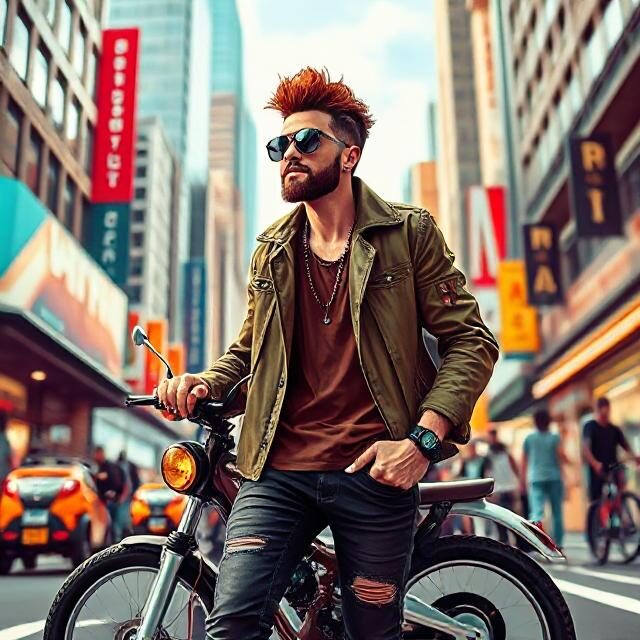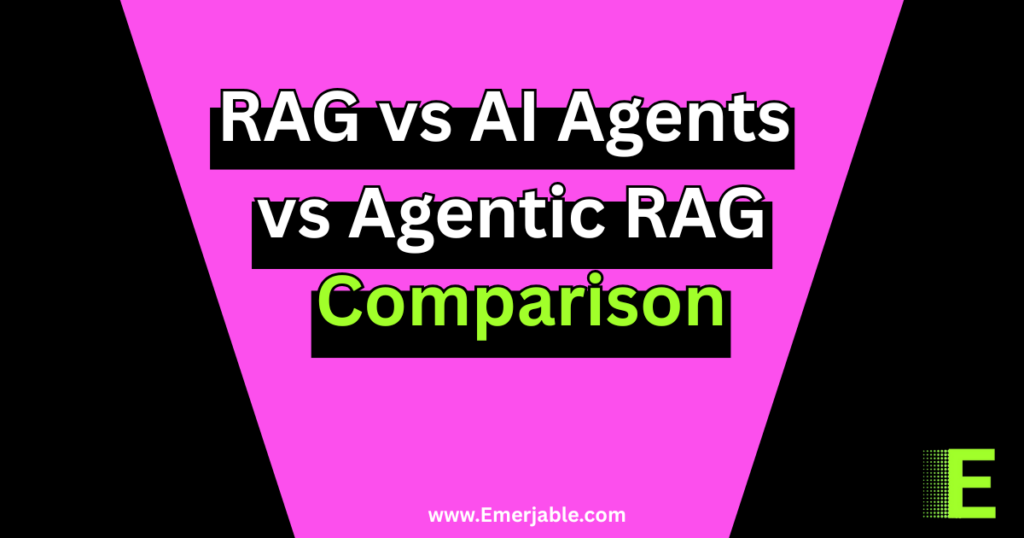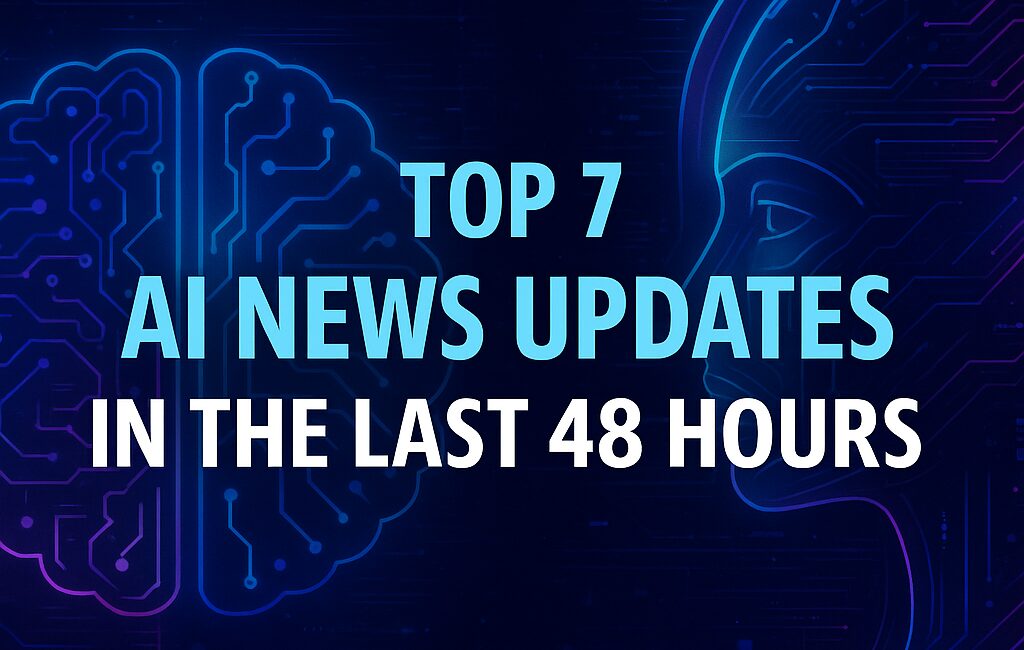Midjourney has emerged as a pioneering force in the realm of AI-driven image generation, captivating artists, designers, and enthusiasts with its innovative approach to creating visuals from textual prompts. As the platform evolves, the anticipation surrounding its latest iteration, Midjourney V7, has reached a crescendo. This article delves into the key features and developments of Midjourney V7, offering a comprehensive comparison with other leading AI image generators to provide a holistic understanding of its position in the current landscape.
Introduction to Midjourney V7
Midjourney V7 represents a significant leap forward in AI image generation, building upon the robust foundation laid by its predecessors. The development team has undertaken a complete overhaul of the AI system, introducing a new architecture and integrating fresh datasets. This comprehensive rebuild aims to enhance image quality, coherence, and the AI’s ability to interpret user prompts with unprecedented accuracy.
Key Features and Developments
1. Enhanced Prompt Interpretation
One of the standout advancements in V7 is its improved prompt understanding. The AI now exhibits a heightened ability to interpret complex and nuanced instructions, enabling users to generate intricate scenes with multiple characters and detailed elements from a single prompt. This development bridges the gap between user intent and AI output, fostering a more intuitive creative process.
2. Photorealistic Image Generation
Midjourney V7 places a strong emphasis on photorealism, producing images that rival real-life photographs in detail and authenticity. This focus on lifelike visuals opens new avenues for applications in marketing, concept art, game design, and other fields where realistic imagery is paramount.
3. Exploration of 3D Capabilities
In a groundbreaking move, Midjourney V7 explores “NeRF-like” (Neural Radiance Fields) approaches for generating 3D models. This technology facilitates the creation of highly realistic 3D environments, potentially revolutionizing immersive experiences and interactive storytelling. The venture into 3D modeling signifies Midjourney’s commitment to expanding the horizons of AI-generated content.
4. Introduction of New Tools and Features
Midjourney V7 introduces several innovative tools designed to enhance user experience and creative control:
- Mood Board: Allows users to upload images to “train” the model, enabling the generation of content in a specific style.
- Personalization Profile: Facilitates the creation of personalized profiles that influence the AI’s output, tailoring results to individual preferences.
- Storytelling/World Building Tool: Empowers users to interact with various media, crafting immersive worlds and narratives.
- Bigger Batch Feature: Enhances workflow efficiency by enabling the generation of larger batches of variations, streamlining the creative process.
- Style Explorer: Provides a platform for users to discover and experiment with different styles, broadening the scope of creative possibilities.
5. Improved Image Composition and Realism
Midjourney V7 addresses previous limitations in image composition and realism. The AI now produces images with enhanced coherence, reducing errors in rendering human figures and other complex elements. Lighting effects and textures exhibit a more natural quality, contributing to the overall authenticity of the generated images.
6. Enhanced Web Interface
To make its tools more accessible, Midjourney introduced a new web-based platform that consolidates various functionalities into a single interface. This development enhances user experience by providing a more streamlined and integrated environment for image editing, panning, zooming, and other operations.
Comparisons with Other AI Image Generators
The AI image generation landscape is populated with several notable platforms, each offering unique features and capabilities. A comparative analysis highlights Midjourney V7’s distinct position:
Midjourney V7 vs. Flux AI (FLUX.2)
Flux AI emphasizes photorealism and speed. It offers highly realistic and detailed images with ultra-fast generation times, making it suitable for applications requiring lifelike visuals and rapid turnaround. In contrast, Midjourney V7 balances artistic creativity with photorealism, providing a versatile tool for both imaginative and realistic image generation. While Flux AI offers extensive customization options through APIs, Midjourney V7 focuses on user-friendly features and a cohesive web interface.
Midjourney V7 vs. Adobe Firefly and Google Imagen
Adobe Firefly and Google’s Imagen have made significant strides in AI image generation, offering native web applications integrated with popular design tools. Midjourney’s introduction of a web-based platform aligns it more closely with these competitors, enhancing accessibility and user experience. However, Midjourney V7 distinguishes itself through its focus on photorealism, 3D modeling capabilities, and innovative tools like Mood Board and Style Explorer, catering to a diverse range of creative needs.
Midjourney V7 vs. Stability AI’s DreamStudio and Microsoft Image Creator
Stability AI’s DreamStudio and Microsoft’s Image Creator offer robust AI image generation capabilities with varying degrees of control and customization. Midjourney V7’s emphasis on personalized models and enhanced prompt interpretation provides users with a tailored experience, allowing for more precise alignment with individual creative visions. Additionally, Midjourney’s exploration of 3D modeling and immersive storytelling tools sets it apart from these platforms, positioning it at the forefront of AI-driven creative innovation.
AI Image Generator Comparison: Midjourney V7 vs Flux AI vs Adobe Firefly vs Stability AI (2025)
| Feature | Midjourney V7 | Flux AI (FLUX.2) | Adobe Firefly | Stability AI (DreamStudio) |
|---|---|---|---|---|
| 🧠 Prompt Understanding | Advanced natural language comprehension; handles complex & artistic prompts | Excellent for technical and realism-focused prompts | Good, especially with design-related keywords | Decent, though less artistic nuance |
| 🖼️ Image Quality | High-quality, photorealistic + artistic rendering | Hyper-realistic images, sharp details | Clean, professional-grade, commercial-friendly | High-resolution with variable consistency |
| 🎨 Style Control | Mood Board, Style Explorer, Personalization Profile | API-driven control, manual parameters for realism | Style presets, Adobe design styles | Settings-based (CFG, steps); lacks artistic presets |
| 🔧 Customization Options | Deep personalization tools; user-influenced models | Full customization via API (Dev-friendly) | Limited to Adobe Creative Cloud features | Available via model tweaks and settings |
| 🧱 Storytelling / Worldbuilding | Yes — unique tools for world creation and narrative design | Not available | Not available | Not available |
| 🧰 Web Interface / UX | Intuitive web UI; new platform with layered tools | No public UI — API or hosted platforms only | Full web UI integrated with Adobe apps | Web app (DreamStudio) with moderate UX |
| ⚡ Speed & Performance | Fast, especially in batch rendering | Ultra-fast, nearly instant generation | Fast, based on Adobe’s cloud infrastructure | Moderate to fast, depends on parameters |
| 📦 Batch Generation | Yes, includes Bigger Batch functionality | Yes | No | Yes (manual batch) |
| 🖼️ 3D / Immersive Content | Experimental NeRF-style 3D generation underway | Not yet available | No | No |
| 📸 Photorealism | Balanced realism and imagination | Focused on hyper-realistic results | Moderate photorealism | Adjustable — realism depends on prompt & model |
| 💬 Community / Ecosystem | Large creative community, Discord integrated | Developer-focused, smaller community | Adobe user base | Open-source ecosystem with active dev community |
| 💰 Pricing | Subscription-based plans | Credit-based or API billing | Free with Adobe CC (some limits) | Free tier + paid plans |
| 👥 Best For | Artists, designers, storytellers, creatives | Developers, realism-focused creators | Graphic designers, marketing professionals | Open-source enthusiasts, tinkerers, developers |
🏁 Quick Verdict
| Platform | Best For | Strength Highlight |
|---|---|---|
| Midjourney V7 | Artists, storytellers, creative professionals | Artistic + photorealistic generation with storytelling tools |
| Flux AI | Developers, technical users, 3D modelers | Ultra-fast, hyper-realistic rendering via API |
| Adobe Firefly | Designers, Adobe suite users | Clean design focus, integrates with Adobe tools |
| Stability AI | Open-source tinkerers, advanced users | Modifiable, powerful backend, broad model access |
Conclusion
Midjourney V7 marks a transformative moment in the evolution of AI image generation. With its comprehensive system overhaul, enhanced prompt interpretation, focus on photorealism, and exploration of 3D and storytelling tools, Midjourney continues to push the boundaries of what AI can achieve in the creative space.
Whether you’re a digital artist, storyteller, designer, or hobbyist, V7 offers a suite of powerful, intuitive tools that can elevate your creative work. In an increasingly crowded field of AI image generators, Midjourney V7 stands out as a holistic, forward-thinking platform designed not only for efficiency but also for imagination, depth, and user empowerment.
Open-Source AI Breakthrough: Perplexity’s MoE Library Boosts Model Speed by 10x



